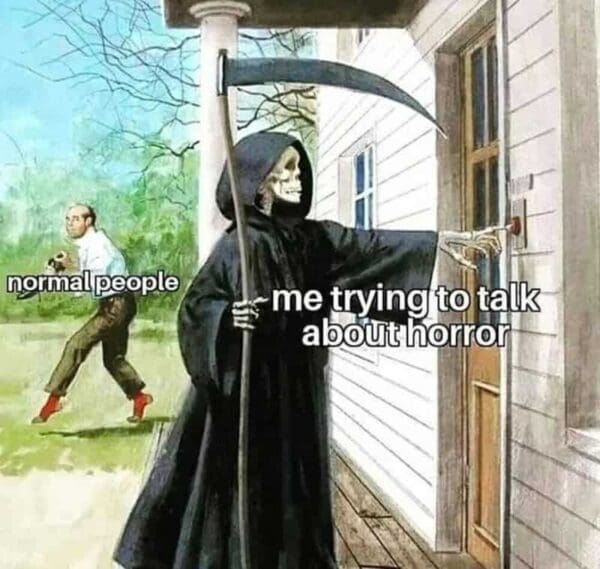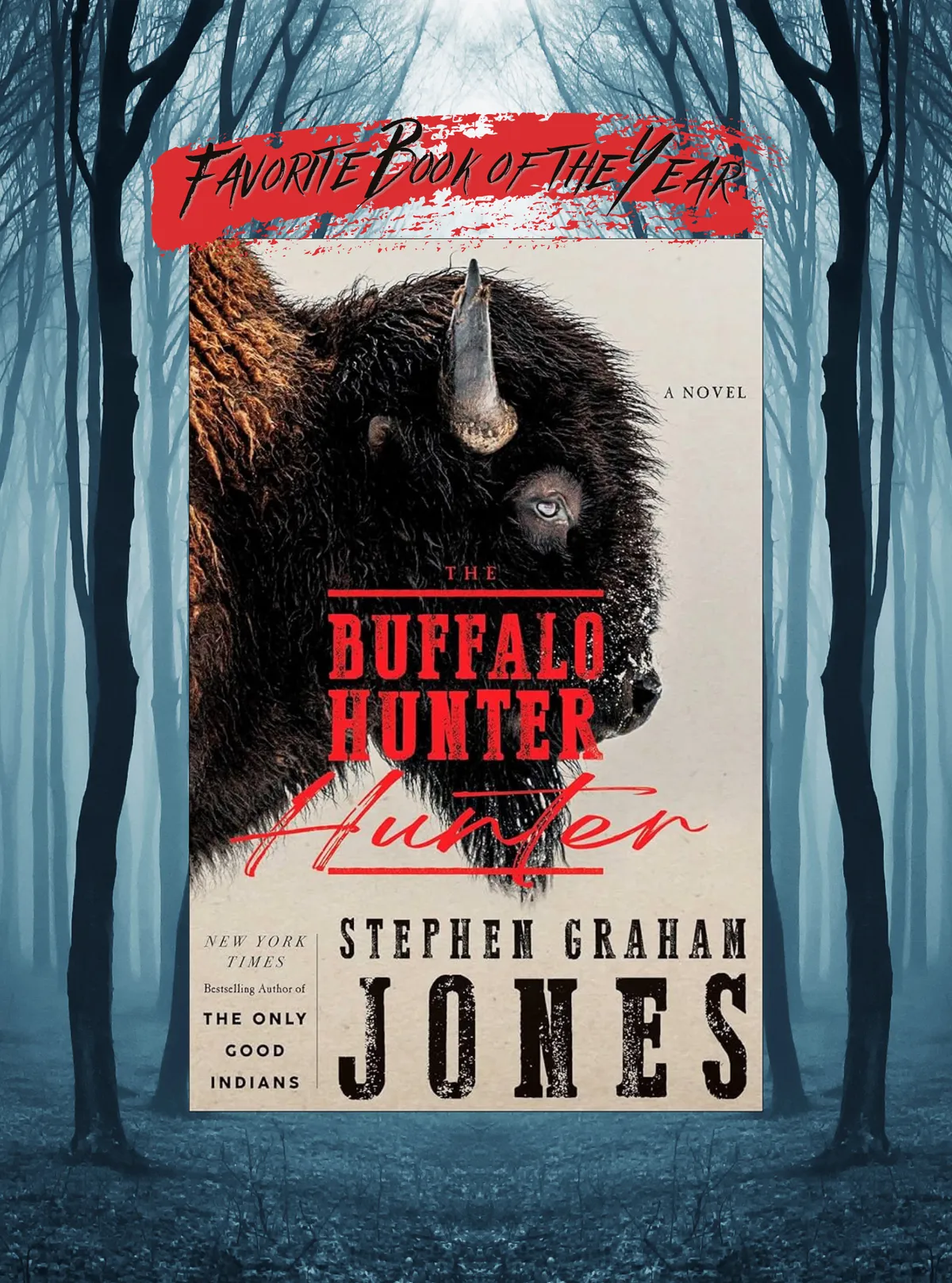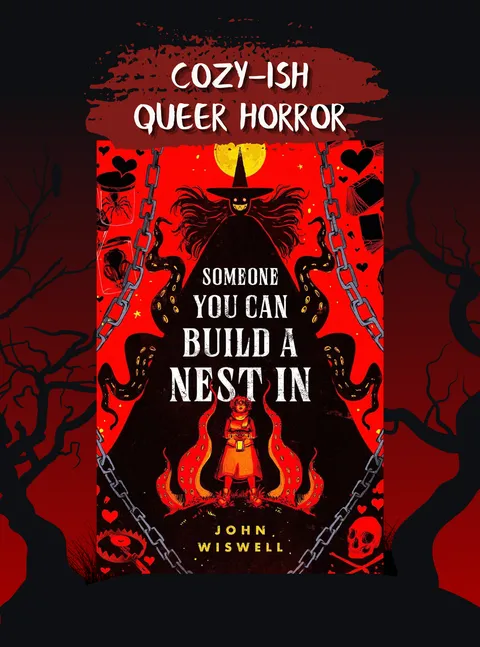Mind. Blown. Buffalo Hunter Hunter by Stephen Graham Jones is one of the best books I have EVER read. Horror is a newer genre for me, and I can safely blame Jones for turning me. I found him while I was deep diving into books by native authors. Then, I saw him speak at my local library a few years ago, and I closed my eyes and cannonballed into the pool of blood that is his slasher book My Heart is a Chainsaw. I haven't been clean since.

Jones is Blackfeet, and he incorporates native elements into his work, whether that's a traumatized, trouble-making, slasher obsessed Blackfeet teenage girl who finds herself in the middle of one of her blood curdling movies, or a historical fiction whereby a Blackfeet vampire sets out to solve the murder of 200 Blackfeet.
The latter is the premise of The Buffalo Hunter Huner. Jones's vampire novel shares little in common with the vampire books and movies that came before. There's no glitter or sexy times. It shares more in common with the new Nosferatu movie in tone and abject horror. The format is also striking; we get a story within a story within a story. Etsy Beaucarne is a lecturer in communications. Her career is stagnating, and her father is dying when she's told construction workers found the journal of her great-great-great-great grandfather, who was a luthern minister on the frontier. Hoping it will reignite her career, she pours over the journal, and her perspective doesn't return until the end.
Instead, we're thrust into Arthur Beaucarne's story via his journal. He loves food and misses drinking himself into a stupor. Then Good Stab, a Blackfeet Indian, shows up at his sermon one day and wants to confess his sins over the course of many Sundays. Each time he tells pieces of his story, we're dropped into his perspective. His story is fantastical, but Good Stab promises Arthur will eventually believe him. What happens from there is the best vampire story ever written (this is a Rae Ryan fact).
It's brutal, heartbreaking, gory, suspenseful, lyrical, gritty, and full of irony. The way the prose changes when Good Stab is telling his story, like he's an elder spinning a tale to children around a campfire, compared to his verbiage when he's talking to Beaucarne, is fascinating. I love books when they trust the reader to grasp seemingly complex or atypical prose. I have a tendency to over-explain rather than let the reader digest and interpret the uncertainty. Arguably, some readers want clarity, but horror and suspense aren't the genres where people seek logic.

I could talk about this forever. This book wrecked me, and now I'm struggling to find something to fill the void. How do you follow up a modern masterpiece? Likely, I'll pivot to an entirely different genre, like romance, for a minute.
If you like horror, or literary, or even dark fantasy, you must read this book. It's mandatory. There will be a quiz at the end.
/rae



